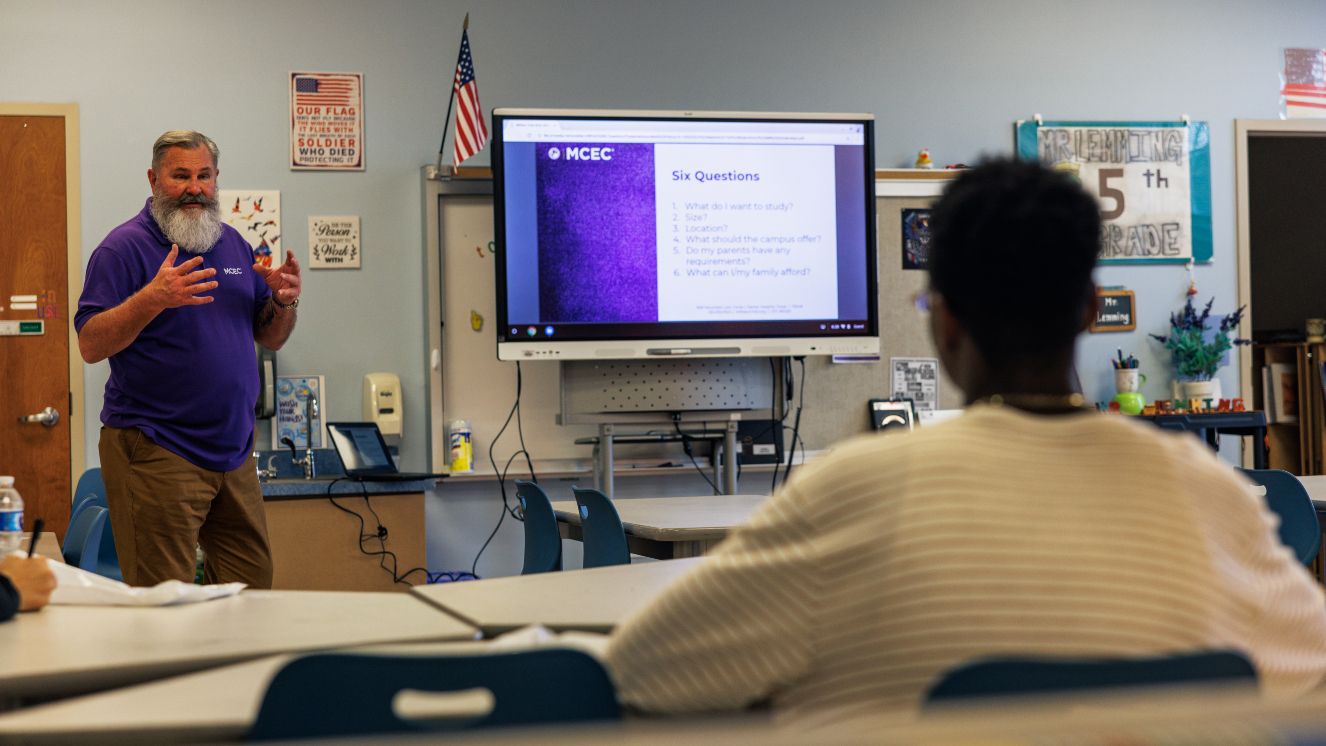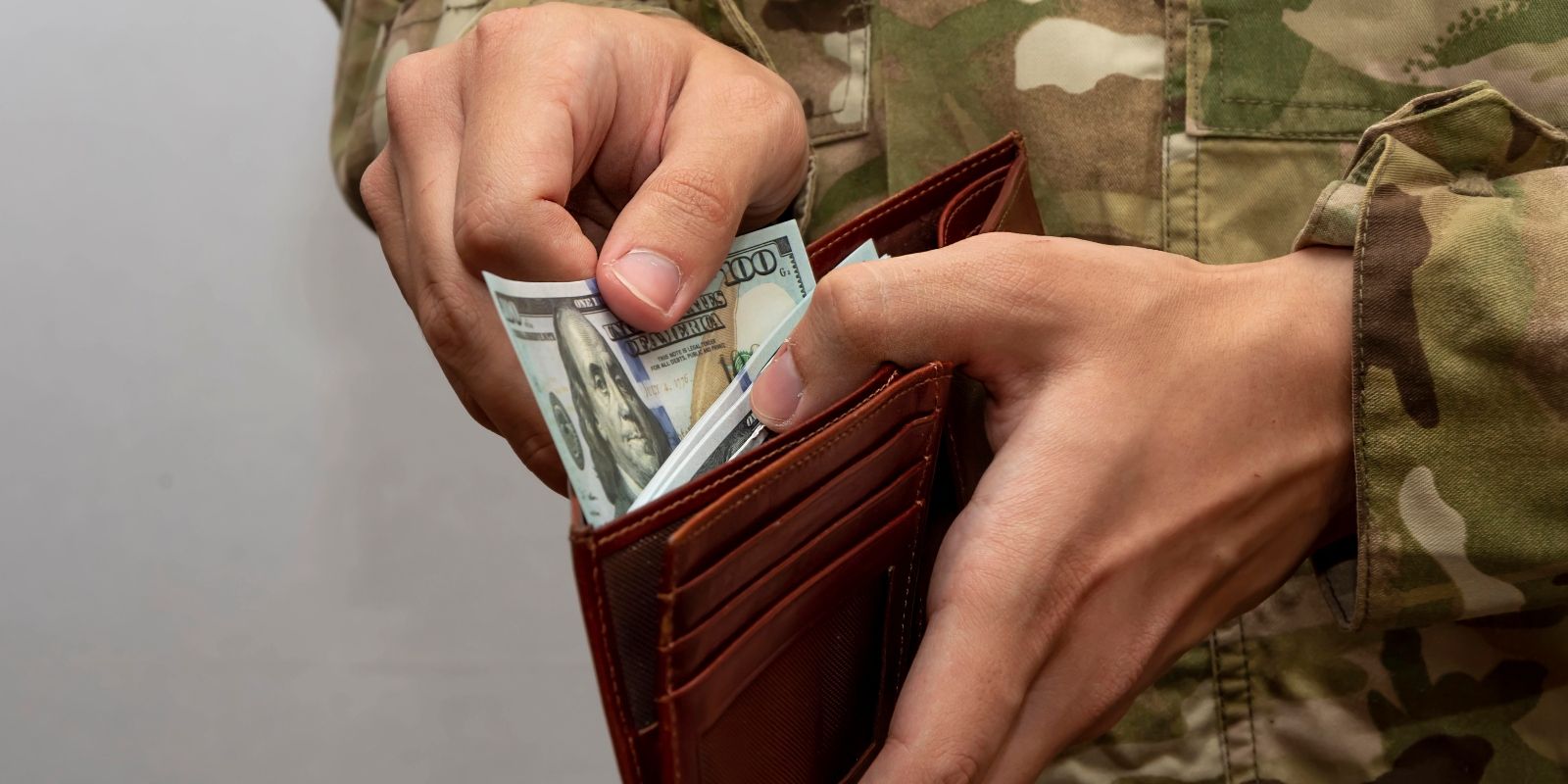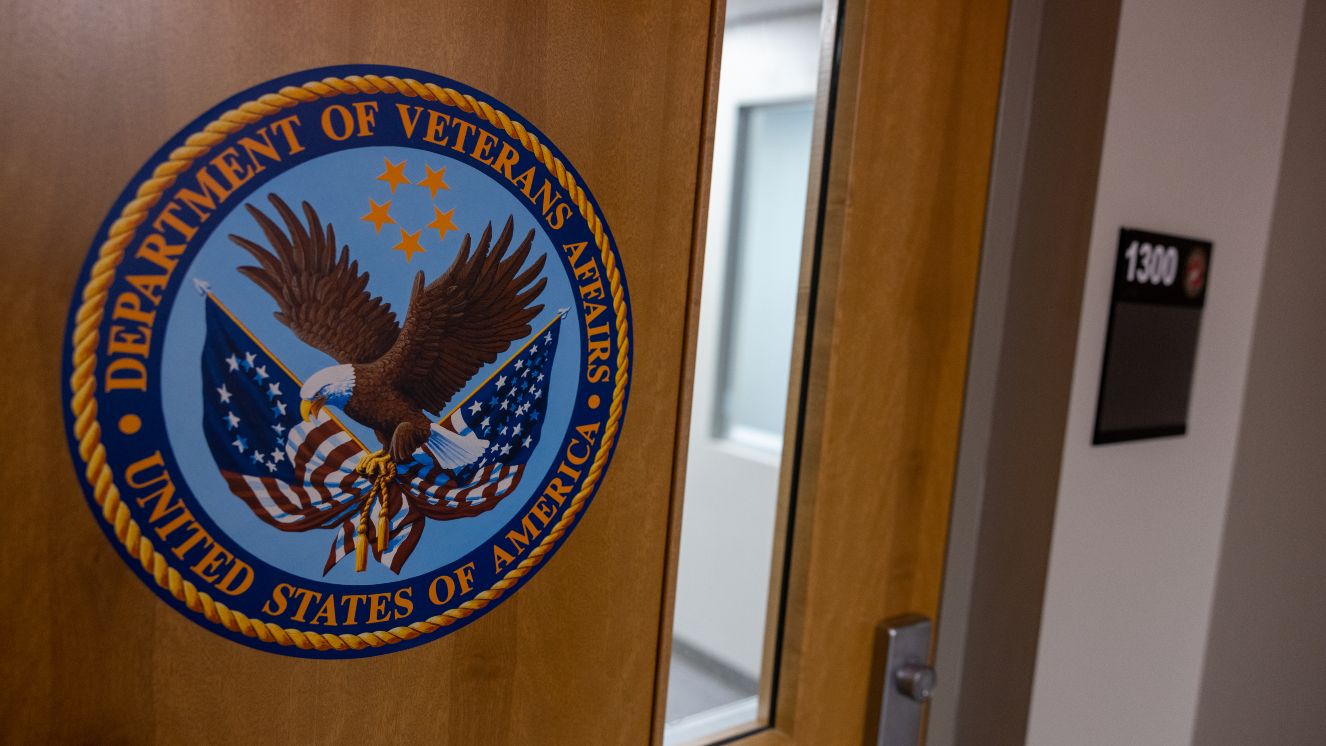HOW TO COPE WITH PTSD & GET OFF THE COUCH WHEN LIFE GETS YOU DOWN
COMMENT
SHARE

The reality of suffering from PTSD as a Veteran is a serious one. It can be very difficult to acknowledge these symptoms on your own, but it can be even more difficult to try to get back to normal. Your family members might also struggle to understand your diagnosis and the ways in which it impacts you.
Why Is Knowing How To Cope With PTSD So Important?
PTSD in Veterans has received more prominent news coverage and research in recent years, as many Veterans have reported experiencing negative feelings. Seeking out PTSD self help and PTSD exercises can assist you with putting your life back on track. But recognize that many people still continue to struggle with PTSD for years.In a 2017 study exploring the experiences of nearly 6,000 United States Veterans, 13% of them had been diagnosed with PTSD. PTSD numbers are especially high for those Veterans who have served in Vietnam and in the Iraq War. Another study published in 2014 reveals that out of 3,000 Veterans, nearly 90% of them reported exposure to at least one possibly traumatic event. Although not every Veteran will respond to a potentially traumatic event in the same way, it is important to recognize when the symptoms may have gotten serious enough for you to get help for this condition. Dealing with PTSD, and overcoming PTSD, is difficult and may look different for you than it looks for someone else. In learning how to deal with PTSD, it may be important to get your spouse involved in your plans for coping with PTSD.
Symptoms of PTSD
Sometimes it can be hard to decipher symptoms of PTSD in comparison with other conditions like anxiety or depression. This makes it all the more difficult to determine how to manage PTSD on your own or with a spouse. Reliving the event is one of the most prominent symptoms experienced by victims. This can happen when a person is awake or asleep. In many cases, Veterans will also want to avoid situations that remind them of the event. Having their back facing a door or hearing loud sounds can be triggering for different Veterans. Some Veterans may struggle to hear fireworks during annual 4th of July celebrations. The way these symptoms will manifest could look different from one person to another, but it's important to recognize when you or a loved one is reliving the event or showing signs of avoidance in regular life.Other common symptoms of PTSD include persistent negative emotions and hyper-vigilance. Those Veterans experiencing hypervigilance will feel as though they're on alert at all times. Some of them may experience difficulty traveling because of the many unknown factors about their surroundings.PTSD can, at some times, feel as though it is controlling the life of a Veteran. It can lead to significant lifestyle changes, particularly turning to unhealthy PTSD coping methods, such as heavy use of alcohol or drugs.Some people are able to get through most days without serious problems from PTSD, but there certainly is no “one size fits all” diagnosis. Many people just beginning to experience the symptoms of PTSD won’t yet have any coping strategies in place and might struggle very unexpectedly. It’s also not the case that getting PTSD occurs right after coming home from a deployment or after service. In some cases, Veterans might not have any major symptoms for weeks or months after the incident that triggered it. More than one incident can cause someone to suffer from PTSD, and it can be the accumulation of the stress from these situations that sets up PTSD, too. Since each diagnosis and set of symptoms is unique, it’s always best to discuss your personal situation with a medical professional.If you believe that your symptoms are severe enough that they’re interfering with your daily life or are causing other medical issues like weight loss or depression, a medical professional can help you. Don’t be afraid to ask for help because this is the all-important step needed to help you treat this condition and discover how to cope with PTSD. Learn more about the signs and symptoms of PTSD from a 20-year Army Vet here: Signs of PTSD: A Special Ops Veteran’s Awakening (Personal Story)

Understanding How To Cope with PTSD
If you recognize that your symptoms have seriously impacted your life and you want additional coping skills, it is a good idea to reach out for professional help. A counselor can help you work through your individual PTSD diagnosis, help you to create a plan for overcoming PTSD, and provide some PTSD self-help tools. It can be very difficult to come to terms with how to cope with PTSD, given that some of these symptoms may continue to affect you for years to come. Some days or weeks might be worse than others when learning how to cope with PTSD. But the important thing to remember is to give yourself grace and continue moving forward as best you can.You might not ever get fully “better.” You might have a friend for whom medication works well, but you don’t get the same results. You might meet someone who put PTSD coping skills in place and saw improvements months later even though you’re a year in and still trying to find the right balance. There are no wrong answers as long as you’re working towards addressing the symptoms and finding tools that work for you.
PTSD Treatment Basics
Sometimes, chemical or emotional imbalances in the brain require outside help from medical professionals. It is not a sign of weakness to ask for help, especially if this is disrupting your daily life. Contact someone who has experience in PTSD therapy, where you can get individualized support for your case. There are several evidence-based and effective forms of mental health care designed specifically for treating Veterans with PTSD. This can include cognitive processing therapy, cognitive behavioral therapy, and eye movement desensitization and reprocessing. Medications for PTSD can include psychotropic prescriptions that help many people as part of a more holistic approach to PTSD treatment. Deep breathing and aromatherapy can also be used. It is also important to involve your family members in an understanding of when a person with PTSD is having more advanced or serious symptoms and is seeking out professional treatment.When a professional knows more about how this condition shows up for you, they can create custom plans and suggest treatment options designed to help you best.

Learning About PTSD Self-Help Tools
Lifestyle changes can have a significant impact on a person's PTSD diagnosis. Interacting with other Veterans who have experience with PTSD, volunteering, eating healthy, exercising, and avoiding drugs and alcohol can all be beneficial. Practicing optimism and mindfulness can be helpful for celebrating the good days, and being mindful and aware of when you need to slow down and deal with a day or a period that is more difficult than others is great practice, too. Peer groups and emotional support animals are other tools that you should seek out if you believe that they could potentially help your PTSD. Finding a support group, either online or in person, is one of the best ways to cope with a new PTSD diagnosis. These early periods are hard to navigate, and most Veterans want to know what to expect or to have their experience validated. This is where it’s helpful to turn to a network of other people who have lived through similar experiences. In recent years, many local and regional groups have popped up to help Veterans come together and discuss their condition. Although it can be hard to share in such an open environment, it can also be therapeutic. For some Veterans, having a journal helps to ensure that you have a plan in place for recording when your symptoms are best and worst. You can also record the self-help tools you’ve been using in your journal so that you can identify which of these PTSD self-help tools are most beneficial for you. It’s often a mix of a few approaches for someone who is dealing with this condition that can help them minimize its impacts. Although there’s no direct and complete cure for most Veterans who have PTSD, there are many strategies and options to help you manage your life with this condition. PTSD can often feel like a point of serious distraction, but plenty of Veterans dealing with it live fulfilled lives. Don’t try to compare yourself to other people or Veterans with PTSD, as you’re working through your own journey. Meditation has helped many Vets cope with PTSD. Find out what it’s all about:Mindfulness Meditation for Veterans: The Secret to Coping W/ Stress
Getting Your Spouse on Board With Helping You
There’s no doubt that it can be hard to accept this diagnosis or its influence on your life. You might find it even harder to share this with your loved ones. If you’re married, however, or rely on other family members for emotional support, they need to know, as they can be very helpful in the process. Spouses, family members, and even kids can help with (and even be a part of) effective approaches for how to cope with PTSD. If you believe that you might have early signs of PTSD and are struggling to adapt to this new way of life, it is strongly recommended that you consult with an experienced medical professional. Remember that you’re not alone in trying to navigate this situation and that there are resources out there to help you cope. Your family members are not the only ones in your corner, and finding support systems and people you can trust can makes a big difference in terms of how you adjust and move forward with your life. Need more resources on Veteran PTSD? Check out our podcast with Dr. van der Kolk, a psychiatrist studying traumatic stress: Return to Base Podcast Ep. #1: Bessel van der Kolk: Keeping the Score
*The statements on this blog are not intended to diagnose, treat, cure or prevent any disease. The author does not in any way guarantee or warrant the accuracy, completeness, or usefulness of any message and will not be held responsible for the content of any message. Always consult your personal physician for specific medical advice.
Join the Conversation
BY LAURA BRIGGS
Laura Briggs is a Contributing Writer at VeteranLife.com.
Laura Briggs is a Contributing Writer at VeteranLife.com.



